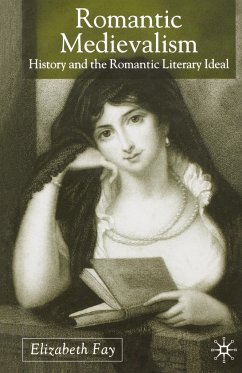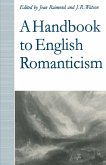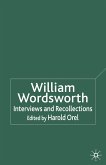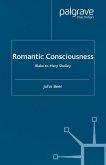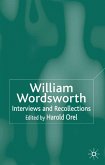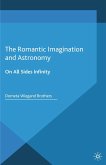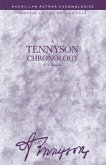Nineteenth century medievalism is usually associated with Scott's world of Ivanhoe , but Romantic Medievalism argues that Scott's is a conservative use of the past and that radical poets such as the young Coleridge, Keats and Shelley used the medieval to critique and change, rather than validate, the present. These poets identified with the troubadour of courtly love, a disempowered figure often politically at odds with the establishment figure of the knight.
Bitte wählen Sie Ihr Anliegen aus.
Rechnungen
Retourenschein anfordern
Bestellstatus
Storno

